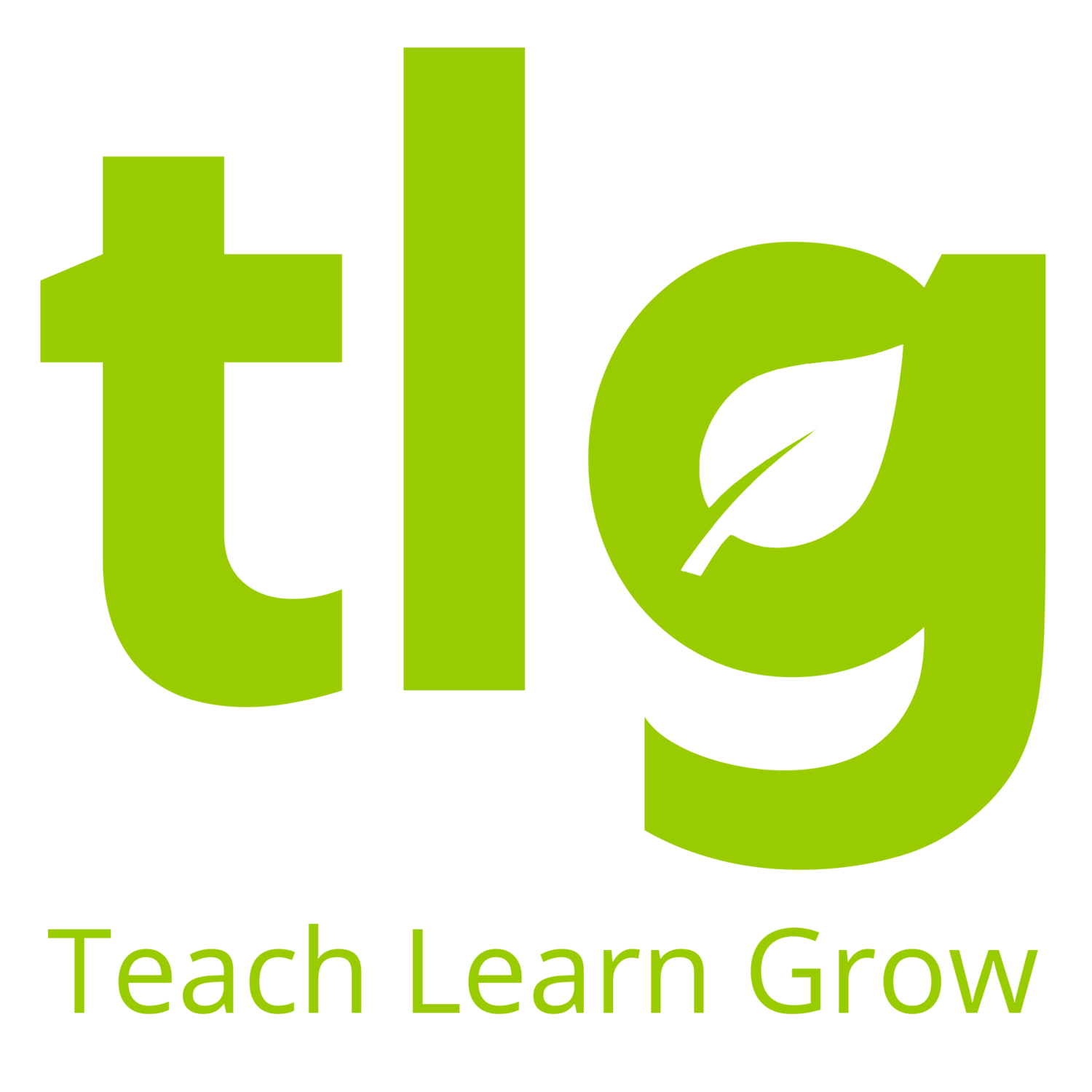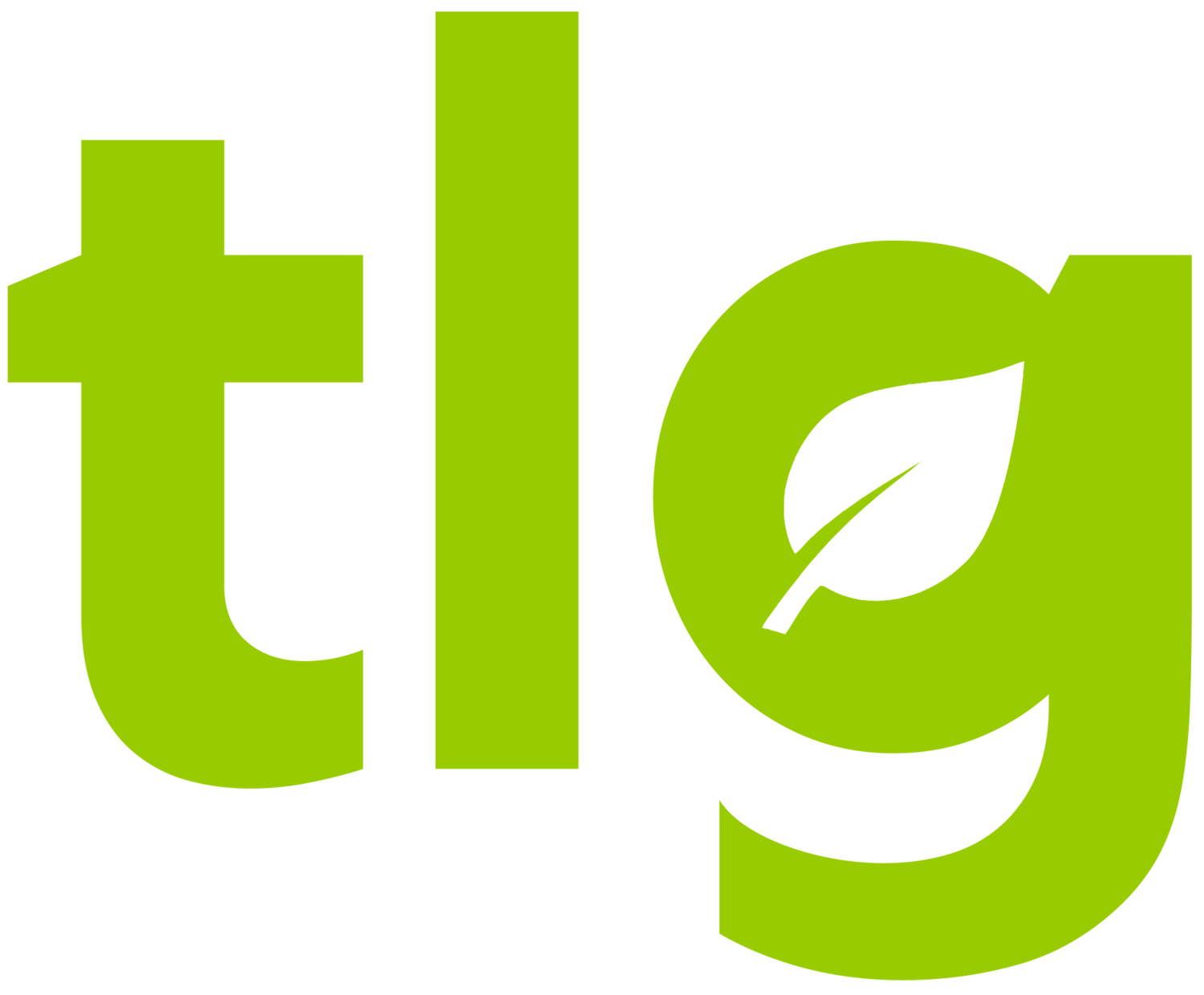Meeting the needs of neurodivergent students in education.
The amazing Katherine (Katie) Lisle-Williams spoke to TLG Student Executive members about her experience as an education support teacher at Balcatta Senior High School and how TLG Volunteers can meet the needs of neurodivergent students in education.
TLG tutoring session at Leonora Primary School Summer RP 2023
Earlier this semester, our Executive Volunteer Team had the privilege of hearing from Katherine (Katie) Lisle-Williams, an education support teacher at Balcatta Senior High School. Katie is a TLG alumnus, and provided valuable resources for TLG volunteers on the upcoming Rural Program and future TLG programs.
Katie spoke to our Executive Volunteers about meeting the needs of neurodivergent students in education.
Katie Lisle-Williams
From Katie, about her role, and her recommendations:
Our school takes pride in our endorsed learning support program, a unique offering designed to assist students with higher support needs, particularly those diagnosed with Autism and ADHD. This program enables these students to access inclusive education within a mainstream high school setting. With the additional funding these students receive, we can provide a more equitable education through smaller class sizes, an alternative curriculum focused on skill-building, explicit social skills teaching, and targeted academic support tailored to individual needs.
I always knew I wanted to be a teacher from a young age. In primary school, I often noticed the “naughty” students being secluded from regular learning activities—sent to detention or placed outside the classroom to avoid disrupting others. This exclusion always puzzled me. I wondered, "Why do they miss out on so much school? Don't they need it more?" As I grew older, I began to understand that these kids needed more support to help them sit still, use appropriate language, and grasp numeracy and literacy concepts, usually through explicit teaching methods.
Similarly, Teach Learn Grow recognises the barriers to rural and disadvantaged learners and puts boots on the ground to make an impact. This initiative has a multi-layered effect because it raises awareness in university communities and local areas, connects students with role models, and creates opportunities for rural teachers to network and share resources and ideas to improve student outcomes. During my placement with TLG in 2015, I met a heap of new people and learnt a lot about how to teach mathematics to struggling students. Hands-on, explicit teaching of core concepts is essential for building a solid foundation for understanding more complex ideas. This is what makes a difference and empowers disadvantaged communities.
Educational resources in use in Katie’s classroom
Neurodivergent students face a unique set of challenges in the classroom. They often require guidance to understand how their brains work, how to leverage their strengths, and how to navigate their limitations through self-advocacy. They need adults who listen, understand, and provide the right kind of support to help them reach their potential. It's not about insisting they adjust their behaviour to fit into 'the real world'; it's about equipping them with the skills to communicate when conditions are not suitable for them. They need to understand that they are entitled to adjustments—just as a person might need a wheelchair, a guide dog, or a pair of glasses—and have the self-confidence to advocate for themselves. Understanding these unique challenges is the first step towards providing effective support.
If you are a TLG tutor going out for rural placement, your role is not just about teaching, it's about making a difference. Take some dice, number lines, tens frames, counters, a hundreds chart, a multiplication chart and a little whiteboard. Find out what activities your learner enjoys during breaks (playing Uno, tennis, quizzes, folding origami?). Write down an easy-to-follow schedule structured with task-break-task-break and stick to the schedule. Autistic and ADHD learners need very structured and clear programs where they know what to do and can be as independent as possible—follow along. If your learner cannot count counters to 10, then that's where you start…and stay until they can do it. Listen to your young person, and gift them your time. Be there, be present and show them how loved and valuable they are just as they are. Your practical guidance is not just a strategy, it's a source of empowerment and confidence for both you and your learner.
As a TLG tutor, you play a pivotal role in creating an inclusive and supportive learning environment for neurodivergent students. Your engagement with your students through activities they enjoy and your focus on building foundational skills at their pace is crucial. Most importantly, your ability to listen to your students, be present, and show them patience and understanding is what sets you apart. Your dedication and empathy can make a significant difference, helping them realise their potential and feel valued for who they are.
We thank Katie for her time and amazing presentation speaking to our volunteers!
A major part of TLG programs is tailoring tutoring and mentoring to students’ individual needs and preferences. During the Rural Program, TLG volunteers work with students on an Australian Curriculum educational outcome that the student is struggling with, selected by the student’s teacher. TLG volunteers incorporate concrete materials, learning environments outside the classroom, educational games, and many other techniques to help students stay engaged and get the most possible benefit from working with their TLG tutor.
The knowledge and recommendations from Katie will be invaluable to our Executive Volunteers who are taking part in the Winter Rural Program this semester, and for the Education Team who are responsible for designing the educational resources for TLG Program volunteers.
TLG Education Manager Katherine Mulligan said “The resources…are really useful tools for understanding the struggles neurodivergent students face, and offer valuable suggestions for how we as mentors and teachers can best support these students. I think the biggest value of Katherine’s presentation to myself as a pre-service educator is it allowed me to understand why some of my students may act differently to how I would expect, allowing me to adjust my teaching methods to suit every student individually.”
Written by Lexie O’Brien (Marketing Manager)




